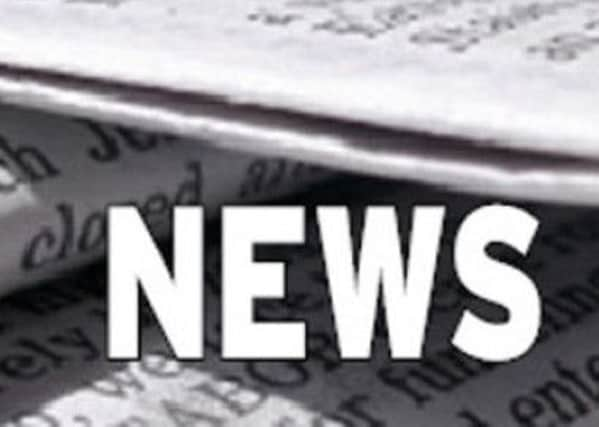New guide aims to boost recycling across Horsham


Households in Horsham district are provided with just one blue-top recycling bin for all materials making it easy to recycle, however it is important that items that can’t be recycled are not put in these bins.
Materials must also be kept clean, dry and loose within the bin to ensure they can be processed at the recycling facility.
Advertisement
Hide AdAdvertisement
Hide AdThe recycling facility separates the mixed materials for further recycling. However, when bins contain items that can’t be recycled then it can harm the whole process.
In order to improve the recycling quality, the council’s collection crew are currently having a quick look in blue-top bins and rejecting any that contain materials that can’t be recycled. A blue hanger is being placed on bins to explain the problem and residents are asked to take out those particular non-recyclable items before their next collection.
Cabinet Member for the Environment, Andrew Baldwin (Con, Holbrook East), said: “Residents in the district are generally excellent at recycling, however, even small amounts of material that can’t be recycled could cause problems at the recycling facility.
“We are therefore reminding households what can go in the blue-top bins and asking that the contents are kept clean, dry and loose. We can’t collect material tied up in plastic bags within the bin or wet paper and card, as the recycling facility isn’t able to sort these out. We can recycle plastic bottles as these are made from high quality plastics but we can’t currently accept pots, tubs and trays. We are always looking for ways to improve recycling and hope to change this situation soon.
Advertisement
Hide AdAdvertisement
Hide Ad“Blue-top bins are for recycling paper, all types of cardboard, glass bottles and jars, metal cans, foil, cartons and plastic bottles. Horsham district has the highest recycling rate in West Sussex but in order to further improve upon current levels, residents are asked to look out for a leaflet (reproduced here) that will be posted to all households in November encouraging them to recycle more.”
Why does Recycling have to be kept dry?
It is important that items for recycling are kept dry and recycling bin lids are kept closed. All items placed in recycling bins should be clean, dry and loose, ensuring that there is no wet paper and that cans and bottles do not contain any liquid. If recycling gets wet, the paper and cardboard will become soggy and cannot be recycled. Glass will also stick to the wet paper and cardboard resulting in these items not being recycled.
Also, during the process at the Materials Recycling Facility (MRF) wet paper and cardboard will stick to the processing machinery and clog up the system.
Why is wet paper an issue?
Ford Materials Recycling Facility has been designed and built to receive, separate and prepare specified recycling for marketing to end-user manufacturers. All of the input recycling must meet the specification in order for the MRF to meet legislative requirements and prepare the recycling for market.
Advertisement
Hide AdAdvertisement
Hide AdWet paper acts like paper mâché and clogs up the high-tech sorting plant that automatically sorts your recycling into individual materials.
As well as causing operational issues for the MRF, wet paper can cause damage and be hazardous to the end-user manufacturer’s high-tech plants. This is because glass sticks to wet paper and is a very abrasive material that causes significant wear and damage to the machinery, increasing costs significantly.